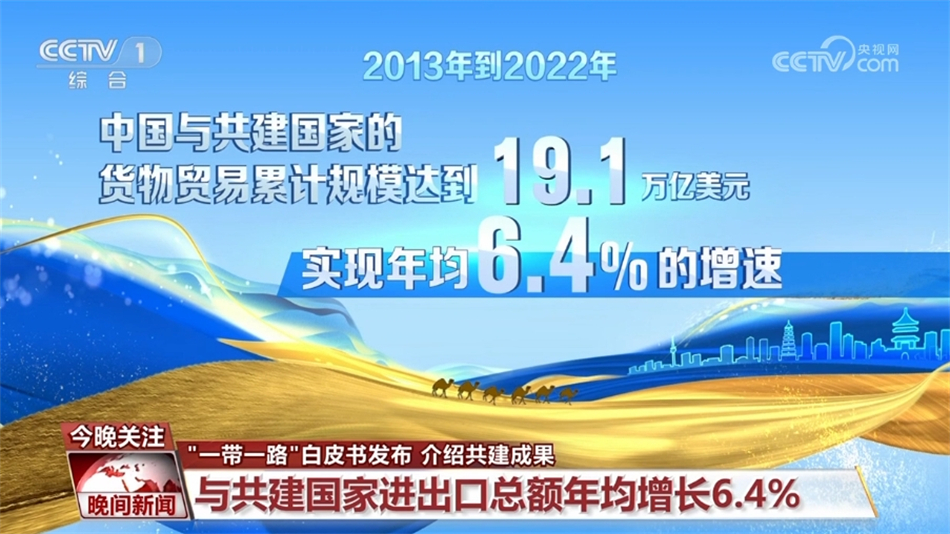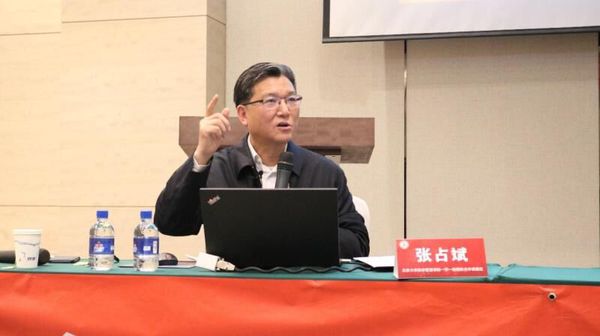Who Would Have Thought That Armenia Could Stage Such A Wonderful Diplomatic Drama On The International Stage?
Who Would Have Thought That Armenia Could Stage Such A Wonderful Diplomatic Drama On The International Stage?
In just a few days, this small Caucasus country not only formed strategic partners with China, but also established diplomatic relations with Pakistan and restored relations with Russia. This series of diplomatic actions is a masterpiece. On August 31, Central Asia officially announced the establishment of a strategic partnership.
In just a few days, this small Caucasus country not only formed strategic partners with China, but also established diplomatic relations with Pakistan and restored relations with Russia. This series of diplomatic actions is a masterpiece.

On August 31, Central Asia officially announced the establishment of a strategic partnership. This is by no means ordinary diplomatic rhetoric, but real all-round cooperation. China has clearly expressed its support for Armenia's sovereignty and integrity, which is tantamount to a timely help for Armenia, which has been under the shadow of regional conflicts for a long time. What's even better is that Armenia has officially joined the SCO and has taken the express train of China's development. The "Belt and Road" initiative is perfectly connected with Armenia's "peace crossroads" strategy, opening up a channel to Central Asia, Iran and even Europe for this landlocked country.

On the same day, Armenia posted another big news: formally establishing diplomatic relations with Pakistan. These two countries were in the past, and Pakistan had long supported Azerbaijan, while Armenia was close to India. Now the two countries break the ice and establish diplomatic relations on the multilateral platform of the SCO Summit, which is a wonderful work in diplomatic history. Pakistan said this was a historic breakthrough, while Armenia used this to expand its diplomatic space. This move not only demonstrates Armenia's diplomatic wisdom, but also reflects subtle changes in the international landscape.

The restoration of relations with Russia is even more intriguing. Since the Nagorno-Karabakh War in 2020, Armenia's trust in Russia has once fallen to the bottom. The Pashinyan government even began to move closer to the West and went to the United States to meet with the Azerbaijan president in early August. But just three days later, Putin spoke on the phone with Pashinyan and the two held face-to-face talks during the Tianjin SCO summit. Russia did not respond strongly, but expressed its willingness to continue mediating the conflict between Asia and Asia. This shows that both sides understand that going apart will not benefit anyone.

Armenia's series of diplomatic actions seem accidental but are inevitable. Against the backdrop of the shift in the focus of Western strategies, Armenia is clearly aware that the risk of putting eggs in one basket is too high. On the contrary, finding a balance point in the multilateral cooperation framework is a wise move. The SCO happens to provide such a platform that allows Armenia to deal with multiple major powers at the same time.

Armenia's success is not a pie from the sky, but the result of taking the initiative. This small Caucasus country proves with practical actions that in international politics, small countries can also win the initiative through smart diplomacy. Even Azerbaijan, which is opposed to Armenia, expressed his willingness to join the SCO. This fully demonstrates that a new multilateral cooperation architecture with China as the core is attracting more and more countries.

Armenia's diplomatic breakthrough has provided valuable inspiration to other small countries: in the game of big powers, it is better to be able to get along with each other than to choose sides; rather than to wait passively, it is better to take the initiative. This small Caucasian country interprets the old concept of "weak countries have no diplomacy" with its own actions. In today's world, wisdom and strategy are often more important than strength.





